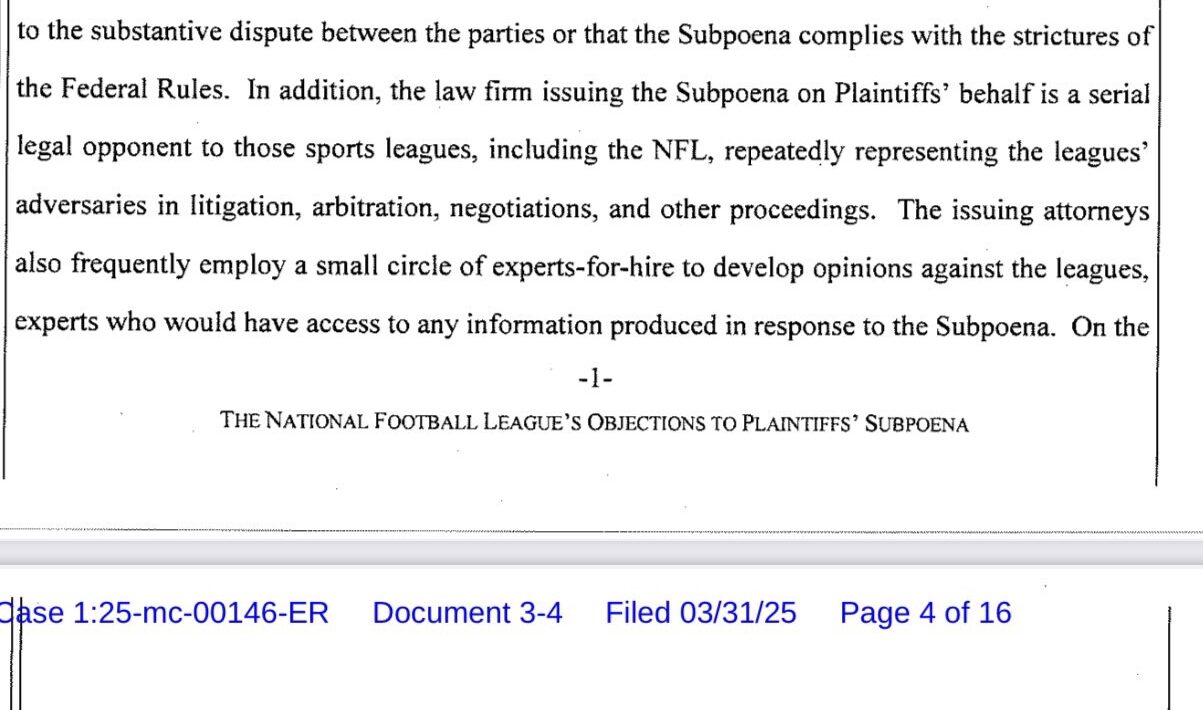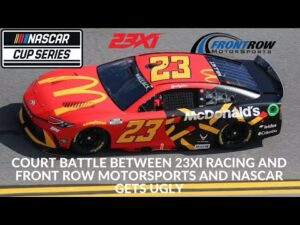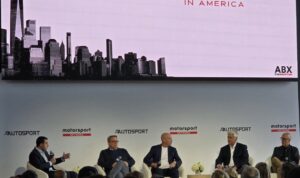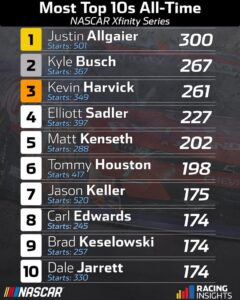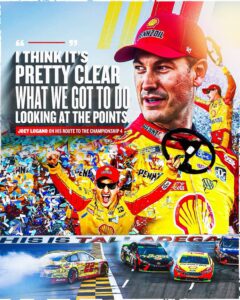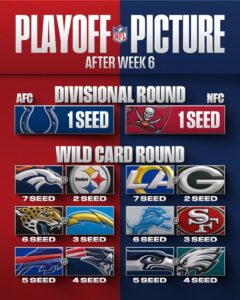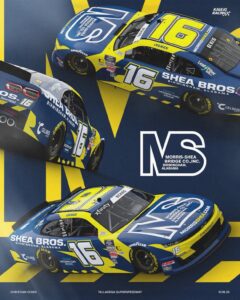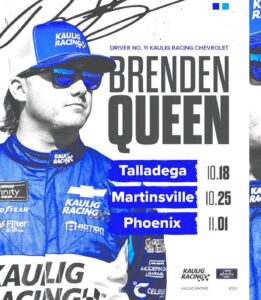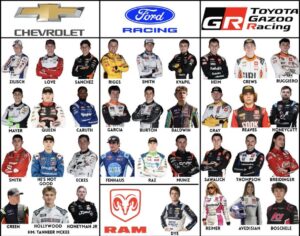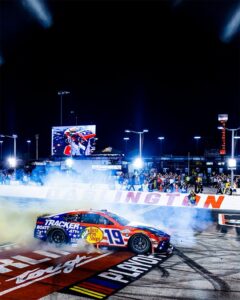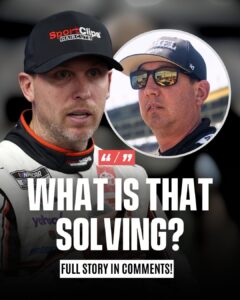In the latest twist of the burgeoning legal battle between NASCAR and its challengers, 23XI Racing and Front Row Motorsports (FRM) have cast their net wide—so wide, in fact, that the National Football League has now formally objected to a subpoena demanding its most sensitive financial data. In a blistering response filed March 31, 2025, the NFL argues that the request is untethered from the core dispute and poses a real threat to its competitive and legal interests.
A Lawsuit Takes an Unusual Turn
23XI/FRM’s suit against NASCAR centers on alleged antitrust violations and unfair competition in the sanctioning body’s handling of charter sales and team entry requirements. Yet in what many observers see as a fishing expedition, the plaintiffs have subpoenaed “financials, financial projections, research, studies, analyses, and other highly confidential, proprietary, and commercially sensitive information belonging to almost every other major sports league in the United States.” Among the leagues caught up in this dragnet is the NFL—an entity with no direct stake in NASCAR’s charter system.
“No Legitimate Basis” for NFL Data
The heart of the NFL’s objection is straightforward: there is no conceivable connection between its internal revenue models and the dispute over NASCAR’s team-entry policies. The league’s attorneys emphasize that Federal Rule of Civil Procedure 26 requires that discovery requests be “relevant to any party’s claim or defense,” a standard they say the subpoena fails to meet. As the NFL puts it, “there is no legitimate basis for any assertion that the information sought has any direct connection to the substantive dispute between the parties or that the Subpoena complies with the strictures of the Federal Rules.”
Concerns Over Confidentiality—and Competitors
Beyond relevance, the NFL raises alarms about confidentiality and competitive harm. The subpoena was issued by a law firm that the league describes as a “serial legal opponent,” frequently representing sports organizations in adversarial proceedings against the NFL and other major leagues. Worse yet, those same attorneys “employ a small circle of experts‑for‑hire” who would gain access to the NFL’s proprietary data if the subpoena were enforced.
“Not only does the Subpoena seek the NFL’s most confidential information, it would put that information into the hands of some of the NFL’s most consistent legal opponents—and a participant in the broader sports and entertainment marketplace,” the league’s filing states.
In plainer terms, the NFL worries that revealing its revenue-sharing formulas, broadcast-contract projections, and sponsorship valuations could undermine its negotiating leverage—both at the bargaining table with television networks and on the gridiron with competing sports properties.
What’s at Stake for NASCAR—and for Discovery Law
For NASCAR, forcing open the books of the NFL (and potentially other leagues) could establish a precedent for ultra‑broad discovery: if one can subpoena any major sports organization in a commercial dispute, the boundaries of civil litigation risk collapsing. On the other hand, 23XI/FRM may argue that a comparative look at how other leagues allocate and distribute revenue could illuminate whether NASCAR’s charter fees or distribution policies run afoul of antitrust principles.
Legal experts note that courts generally push back against discovery requests that sweep up third‑party proprietary data without a clear link to the claims at issue. If the NFL’s objections hold, we could see the judge quash or narrow the subpoena, reinforcing the principle that “fishing expeditions” have no place in federal litigation.
Looking Ahead
The judge in the U.S. District Court for the Southern District of New York will have to weigh the plaintiffs’ theory of relevance against the NFL’s arguments over confidentiality and competitive harm. A ruling in favor of the NFL could limit 23XI/FRM’s ability to pursue discovery from non‑parties, while a contrary decision might embolden litigants across industries to seek corporate secrets from unlikely corners.
Either way, the NFL’s forceful objection spotlights the high stakes—and high drama—when America’s biggest sports leagues collide in the courtroom rather than on the field. For NASCAR, 23XI, and FRM, the outcome will shape not only the trajectory of their antitrust fight but also the broader contours of discovery in commercial litigation.
